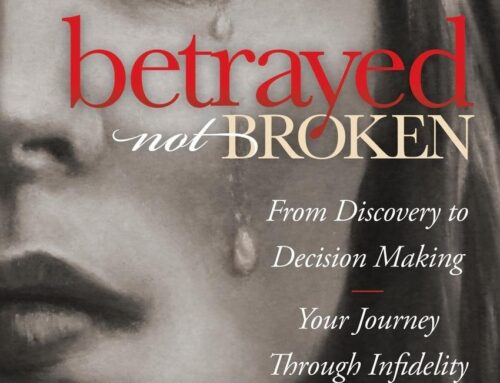Credit: Leslie Mann – Chicago Tribune
Podcast Link: View the Article on the Chicago Tribune website
Now 31, Rodney Jordan said his brief marriage at age 22 was doomed before it started. When he wed, he said, he had had many failed relationships.
Jordan, a 6th-grade teacher in Manassas, Va., and author of “From the Heart of a Teacher,” said he was “insecure and running from (a) bad situation.”
His experience may not be so unusual. Findings from a new study point to having multiple relationships before you marry as a predictor of marital unhappiness.
“What happens in Vegas does not stay in Vegas,” said Galena K. Rhoades, University of Denver associate psychology professor and co-author of the study, “Before ‘I Do’: What Do Premarital Experiences Have To Do With Marital Quality Among Today’s Young Adults?” “Those relationships do matter — maybe because you compare your spouse to the others, you’re difficult to get along with, or you’re a risk-taker.”
The five-year study, which Rhoades co-authored with psychology professor Scott Stanley, co-director of the Center for Marital and Family Studies at the University of Denver, was commissioned by the National Marriage Project at the University of Virginia. It included 1,294 unmarried Americans nationwide, ages 18 to 34. During the study, 418 of them married.
Prateek Mehrotra, 48, an Appleton, Wis., owner of a financial growth-management firm, believes that avoiding serious relationships before he married resulted in a happy marriage with Richa, his wife of 23 years.
“In my culture, you save your first, big date for your future spouse,” said Mehrotra, whose family is from India. “In college, I went out with groups of boys and girls but didn’t have serious girlfriends.”
The study also noted that having multiple premarital partners adversely affects women’s marital happiness more than men’s.
“We still have a double standard,” Rhoades said. “Casual relationships before marriage are almost expected now. But with women, there’s still a stigma.”
But the study doesn’t speak for everyone, said Laurel Wiers, 40, a marriage and family therapist in Ledyard, Conn. In her own personal and professional experience, Wiers said, previous relationships can make for a better marriage.
“Dating helped me figure out who was my ‘type,'” said Wiers, who has been married for 18 years. “When I met my husband, I knew he was the keeper. He wasn’t controlling or possessive; he was confident.”
Professionally, Wiers said she has seen clients “settle with the wrong people because of their lack of dating experience.” What’s more, she added, too many of these marriages last well past their expiration dates “because they say it’s better than being alone.”
The study also found that couples who make mindful decisions about milestones in a relationship — such as having sex, moving in together and getting engaged (not necessarily in that order) — have happier marriages than those who “slide” into those situations.
“This says rituals are important,” said Rhoades, who would encourage couples to spend their time discussing and weighing options. “These decisions used to be automatic, but couples have more choices now.”
Regardless of why a marriage fails, though, staying together because of “inertia” can be a serious problem, Rhoades said — which is why she is not in favor of “testing” your relationship by living together too soon. This can create a situation that makes it difficult to move on.
“You sign a lease together, buy furniture, adopt a dog,” she said. “All these things make it harder to break up with the person you really don’t want to be with.”
Try taking a long vacation together instead, she suggested. Meet each other’s parents too. Then, she said, couples can “make the right decision without getting locked into a relationship that isn’t right.”
“Take your time,” added Wiers. “There will still be plenty of people out there to choose from.”
Relationship red flags
The study “Before ‘I Do'” also cited these marital happiness predictors:
- Physical aggression is a red flag for marital discord.
- Children from previous relationships add stress to marriages, but more so for women (possibly because they’re more likely to have custody).
- Having a baby before marriage triggers marital stress, but mostly among people with college degrees. (They have different cultural norms than those without degrees, the authors suggest.)
- Having a larger wedding party predicts marital happiness — but the amount spent on the wedding does not. The large number of guests implies a larger support group — helpful when you face marital challenges, explained co-author Galena K. Rhoades.
Read the full study on the National Marriage Project website: nationalmarriageproject.org.



